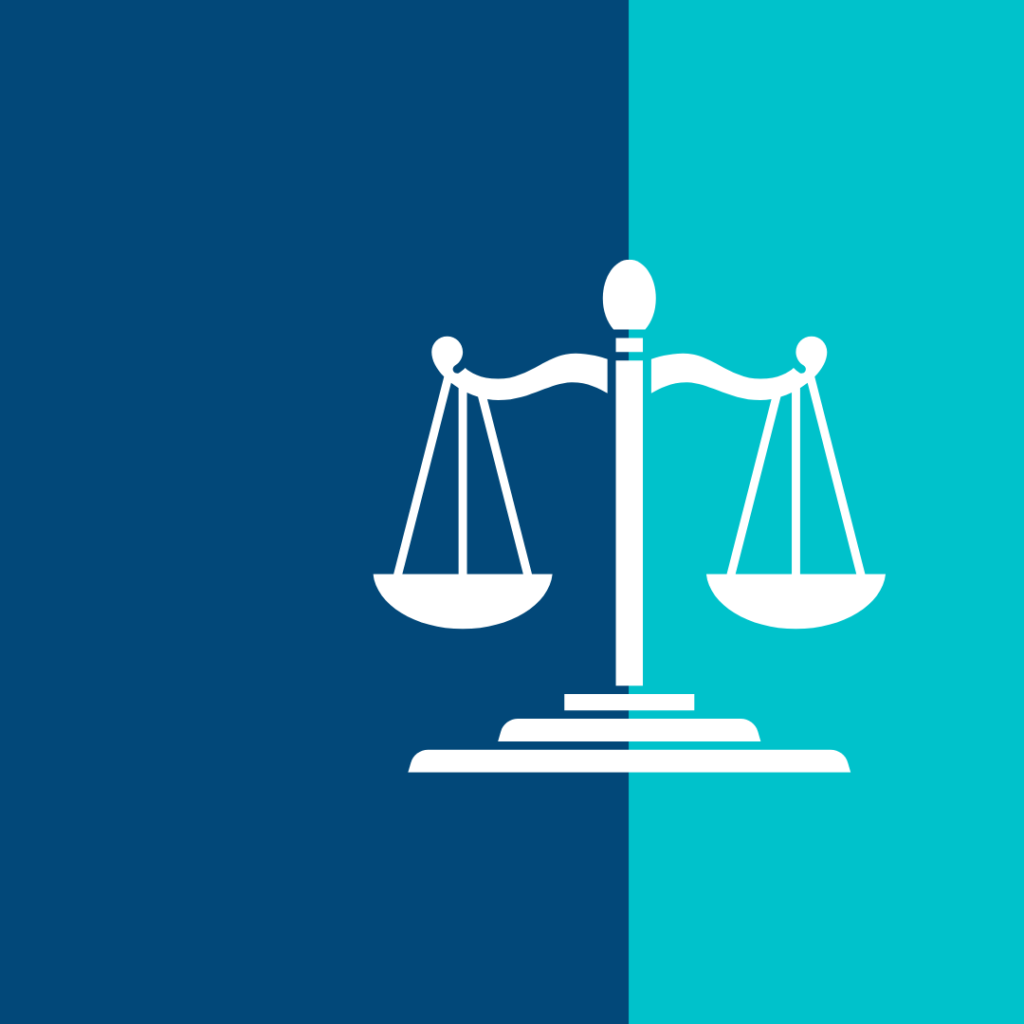🔔 New Survey!
We invite folks who have lived in the Waterloo Region, and have been asked to leave their rental unit due to a renoviction within the past 2 years to take part in our survey: Eviction for Renovations to Rental Units and Own Use.
The survey will help us gain a better understanding of common issues and trends surrounding renoviction evictions and contribute to our efforts for law reform at local and provincial levels of government.
To learn more about the survey, click here.
🔔 Please Note:
We are not the Legal Aid Ontario office.
For Family Law or Criminal Law services, please visit www.legalaid.on.ca or call 1‑800‑668‑8258
For Civil Law matters: www.probonoontario.org
For Landlord assistance: landlordselfhelp.com
FREE LEGAL SERVICES FOR LOW-INCOME RESIDENTS OF THE WATERLOO REGION
Waterloo Region Community Legal Services provides free services to low-income individuals and families. Our services include providing legal information, legal support or advice and legal representation.

LEGAL ASSISTANCE
We provide legal assistance in specific areas of law to low-income individuals and families ranging from summary advice to full representation.
PUBLIC LEGAL EDUCATION
Public Legal Education is an essential component of social justice. We regularly offer legal education sessions on a variety of topics that are tailored to meet your group’s needs.
See our Events page for upcoming workshops.
COMMUNITY ADVOCACY
WRCLS participates in law reform activities and community development activities. We are interested in improving the lives of people living in poverty and removing barriers that prevent community members from accessing justice.
OUR VISION
Our hope and vision is for the Waterloo Region to become a place where everyone has equal access to justice and to the supports necessary to improve their quality of life.












LAND ACKNOWLEDGEMENT
We acknowledge that we are on the traditional territory of the Anishnaabe, Haudenosaunee, and Chonnoton peoples. Waterloo Region Community Legal Services is situated on the Haldimand Tract, the land promised to the Six Nations that includes six miles on each side of the Grand River. We thank them for allowing us to do this work on their traditional lands.
It is important that we recognize that colonialism is not just a thing of the past, but a systemic issue that continues to this day. The Land Acknowledgement is a critical part of decolonization as it ensures that we ground our actions in the understanding that we occupy stolen lands.
To learn more, please visit www.native-land.ca
